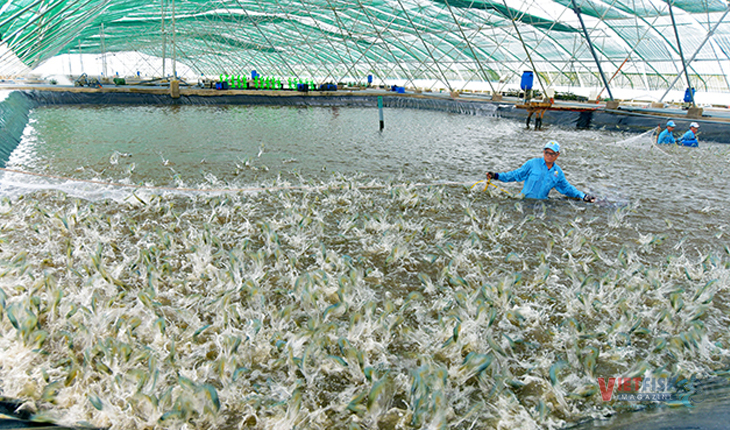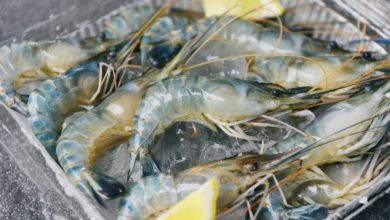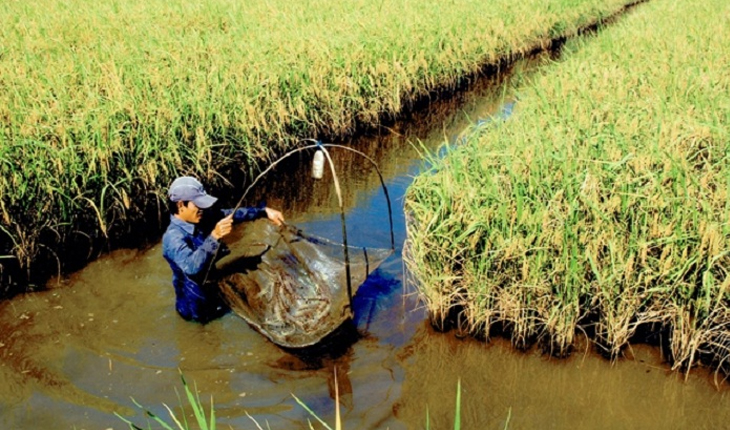Vietnam to develop coastal areas based on natural conditions and advantages
In 2018, the Central Committee of the Communist Party approved Resolution no.36/NQ-TW regarding the strategy for economic development in coastal areas of Vietnam up to 2030, with a vision until 2045.
According to Resolution no.36, Vietnam will be planned to become a country of strong marine economy, reaching criteria of sustainable marine economy; forming the culture of marine ecology, adapting climate change and sea level rise; preventing the possibility of sea pollution, sea environmental degradation, erosion and corrosive medium, and restoring and preserving important sea ecology. Advanced technology achievements will be the very direct factor for sustainable development of marine economy.
With a vision until 2015, Vietnam’s marine economy will develop for sustainability, prosperity, safety and security assurance. It will contribute into Vietnam’s economy development, making it become a socialism-oriented modern and industrial country. It will help the country handle global matters in terms of sea and ocean.
As stated in the Resolution, marine economy contributes about 10% into GDP of Vietnam, with economy results of 28 coastal provinces and cities contributing 65-70% into GDP. Marine economy is developing in accordance with global standards and controlling the exploitation of marine resources in consideration of marine ecosystem recovery.
As for seafood industry,traditional aquaculture and exploitation will be industrialized with the appliance of high technology. Inshore exploitation will reduced while offshore fishing activities will increase in accordance with local natural conditions and marine ecosystem recovery. Fishermen will be trained and supported for changing their habits. Aquaculture and exploitation must be sustainable, marine resources must be protected and regenerated, and extirpative fishing activities must be forbidden. The management of marine fisheries industry must be modernized; production must be carried out upon the cooperation among cooperatives, cooperative groups and cooperative associations. It is necessary to establish companies involved in offshore fishing and working with each other in transoceanic exploitation; improve fishing ports and harbors; fully perform fishing logistics; apply science and technology in aquaculture, exploitation, preservation and seafood processing; and making key products with high quality to create high economic value and meet market’s demand.
Resolution no.36 requires marine economy development in accordance with favorable conditions of natural resources and preservation. Particularly, ocean space will be divided into protection-preservation area, bufferzone, and social-economic development area upon maximizingcomparative advantages of natural conditions, geological location, cultures, ecosystem diversification. This will assure the connection among prefectures with or without coastlines.
Besides, it is necessary to protect the environment, preserve and diversify marine ecosystem, adapt with climate change and sea level rise, and prevent natural disasters. Particularly, the country must expand the existing marine preservation centers and establish new ones in accordance with planning national ocean space, focusing on diversification, restoring ecosystem such as reefs, seaweed bed, mangrove and coastal protection forest, and ensuring natural relationship between land and sea ecosystem.
VFM






